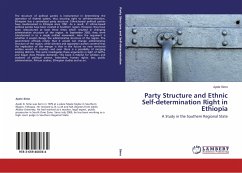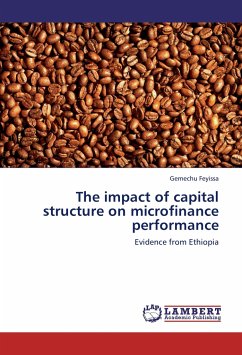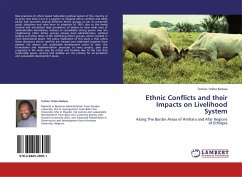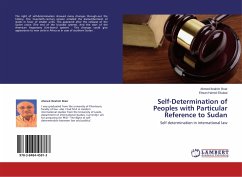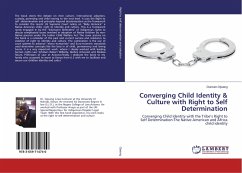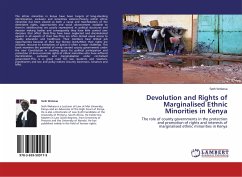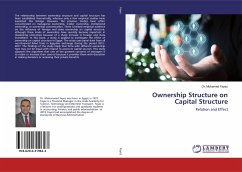The structure of political parties is instrumental in determining the operation of federal system, thus securing right to self-determination. Ethiopian has a centralized party structure. Ethnic-based political parties have mushroomed in Ethiopia since 1991. As a result, 21 ethnic-based political parties have been created in Southern region. However, they have been restructured at least three times which resulted in changing administrative structure of the region. In September 2003, they were transformed in to a single unified movement. Here the argument is whether it would change the administrative structure of the region. The government officials refute that it would not change administrative structure of the region, while scholars and opposition parties contend that the implication of this merger is that in the future no new territorial entities would be created, and even there is a possibility of merging existing districts. This work investigates these arguments in light of Goffa, and Sagan Area Peoples demands. This book is helpful for scholars and students of political science, federalism, human rights, law, public administration, African studies, Ethiopian studies and so on.
